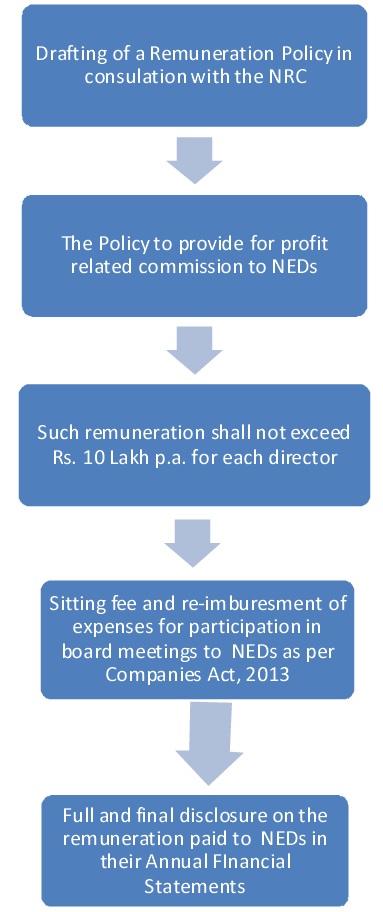Introduction
Compensation packages of employees of financial institutions are designed in a manner to encourage them to align their interest to that of the organisation. Often the structure of packages comprises of bonuses and incentives linked with the short term profitability of these institutions whereas long-term growth and stability is aligned with stock options, pension plans and so forth.
To boost the short term profitability of such firms, employees often indulge in excessive risk taking which jeopardizes the stability of the firm. There is therefore a need to regulate the remuneration practices followed by financial institutions and the reward and incentive schemes offered by them to their employees.
In line with the views endorsed by the G20[1] nations, Insurance Core Principle ICP -7[2] and the Basel Committee on Banking Supervision (BCBS)[3], IRDA in exercise of the powers granted under Section 14 of the IRDA Act, 1999 issued Guidelines on Remuneration of Non-executive Directors and Managing Director /Chief Executive Officer/Whole-time Directors of Insurers (‘the Guidelines[4]’) for all private sector insurers effective from 1st October, 2016. Appointments/ re-appointments made after 1st October, 2016 will be governed by the Guidelines.
IRDA (Remuneration of Non-Executive Directors of Private Sector Insurers) Guidelines, 2016

IRDA (Remuneration of Chief Executive Officer/Whole Time Director/Managing Director of Insurers) Guidelines, 2016
- The remuneration payable to chief executive officer/whole time director/managing director is governed by the provisions of Section 34A of the Insurance Act 1938.
- Section 34A provides that any provision relating to remuneration of a managing or whole time director or of a manager or chief executive officer whether contained in the insurer’s memorandum or association or articles of association, or in an agreement entered into by him or in any resolution passed by the insurer in the general meeting or by the board of directors shall not have effect unless approved by the IRDAI.
- The manner in which such approval is to be sought is prescribed in circular 031 /IRDA /CIR/ COMPLIANCE/ AUG-2007[5].
- However, currently no guidelines have been imposed by the IRDAI on the remuneration structure offered by insurers and no limits have been imposed by IRDAI on such remuneration.
- In this light, the IRDAI has laid down the following framework drawing from the best global practices which shall be applicable to remuneration payable to managing director/chief executive officer/whole time directors of private sector insurers:-

[1] https://www.oecd.org/daf/ca/Corporate-Governance-Principles-ENG.pdf
[2] Insurance Core Principles, Standards, Guidance and Assessment Methodology 7 dealing wit Corporate Governance
[3] http://www.bis.org/bcbs/publ/d328.pdf
[4] https://www.irdai.gov.in/ADMINCMS/cms/whatsNew_Layout.aspx?page=PageNo2921&flag=1
[5] http://www.irdaindia.org/circular_App_ceo_md_270807.htm
(Author is manager with Vinod Kothari & Company)




